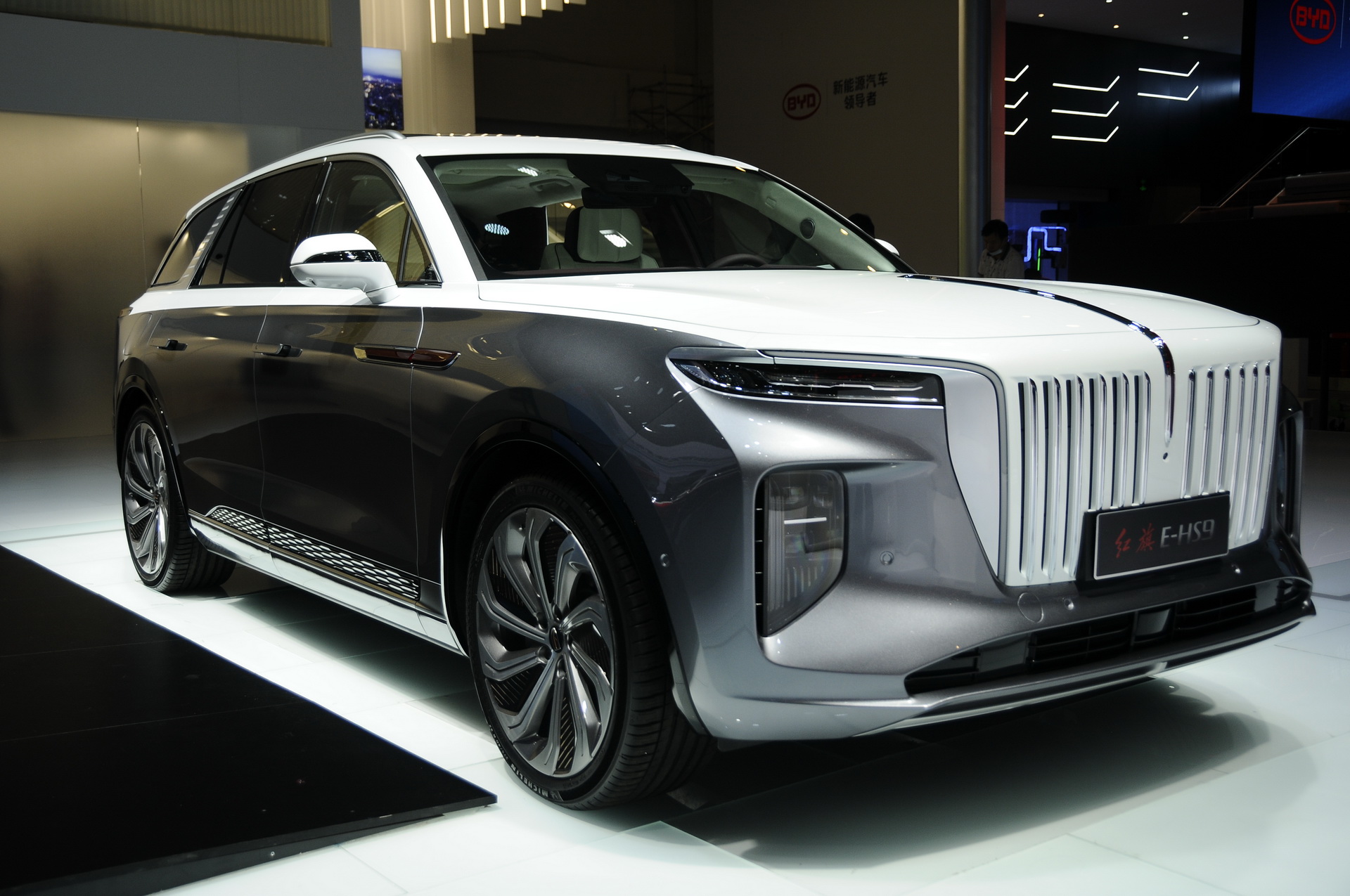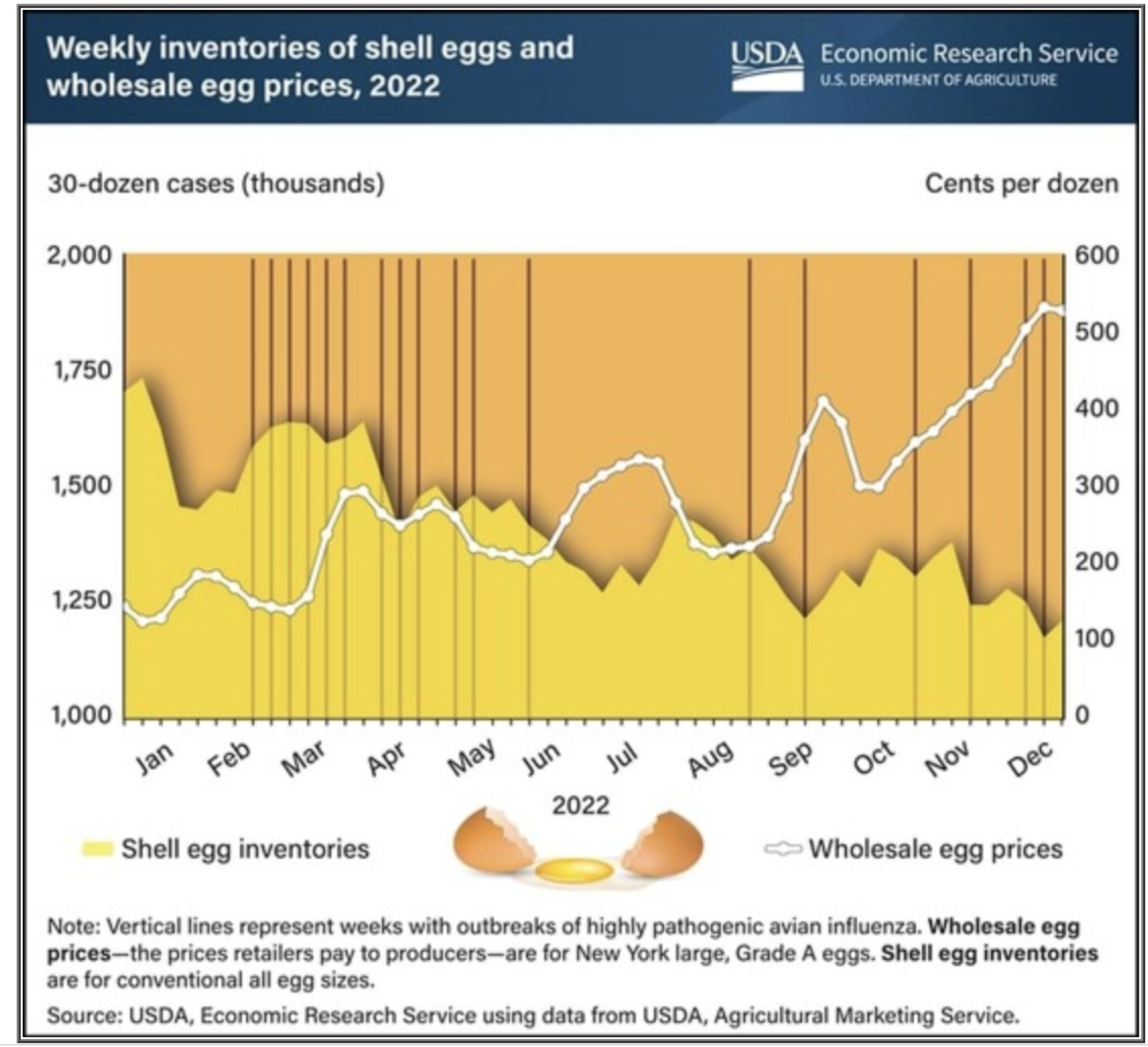The Future Of Luxury Cars In China: Lessons From BMW And Porsche's Experience

Table of Contents
Understanding the Unique Dynamics of the Chinese Luxury Car Market
The Chinese luxury car market is dynamic and complex, requiring a deep understanding of its unique characteristics to succeed. This understanding encompasses the evolving preferences of Chinese consumers and the intense competition within the market.
The Rise of the Chinese Consumer
The Chinese luxury car buyer is no longer simply focused on brand status. While social standing remains a factor, preferences are shifting toward more sophisticated criteria.
- Emphasis on Technology: Cutting-edge technology, including autonomous driving features and advanced infotainment systems, is highly sought after.
- Personalized Experiences: Tailored services, bespoke options, and personalized marketing are crucial for attracting discerning buyers.
- Brand Storytelling: A strong brand narrative that resonates with Chinese culture and values is essential for building loyalty.
- Environmental Concerns: Growing awareness of environmental issues means electric vehicles (EVs) and hybrid options are increasingly important.
- Social Status: While still relevant, the emphasis is shifting from overt displays of wealth to a more subtle demonstration of sophisticated taste.
The luxury car market in China is experiencing remarkable growth. Reports show year-on-year increases in sales, with SUVs and electric vehicles driving much of this expansion. The demographic of buyers is also changing, with younger, more affluent consumers entering the market. Understanding these trends is vital for success in this competitive environment.
Competition and Market Saturation
The Chinese luxury car market is fiercely competitive, with both established international brands and rapidly growing domestic players vying for market share.
- Key Competitors: Besides BMW and Porsche, brands like Mercedes-Benz, Audi, Lexus, and domestic players like Nio and BYD are major competitors.
- Price Wars: Intense competition often leads to price wars, impacting profitability margins.
- Government Policies: Government regulations, including emission standards and import tariffs, significantly influence the market landscape.
Domestic brands like Nio and BYD are aggressively challenging established players by offering technologically advanced EVs at competitive prices. Their success highlights the importance of innovation and localization in capturing a significant share of the Chinese luxury car market.
BMW's Approach: Localization and Technological Innovation
BMW has successfully navigated the Chinese luxury car market by employing a strategy focused on localization and technological innovation.
Localization Strategies
BMW's success in China stems partly from its dedication to adapting to the local market's specific needs and preferences.
- Tailored Models: BMW offers models specifically designed or adapted for the Chinese market, addressing unique preferences for size, features, and styling.
- Localized Marketing Campaigns: Marketing campaigns are tailored to resonate with Chinese cultural values and consumer preferences, utilizing popular social media platforms and local influencers.
- Partnerships with Chinese Companies: Collaborations with local businesses and suppliers strengthen BMW's presence and understanding of the local market.
- Dealership Network Expansion: A robust and strategically located dealership network ensures accessibility and convenient service for Chinese consumers.
While localization offers advantages, challenges such as understanding nuanced cultural differences and adapting to rapidly evolving consumer preferences remain.
Technological Advancements
BMW is heavily investing in technological features highly valued by Chinese luxury car buyers.
- Autonomous Driving Features: BMW is integrating advanced driver-assistance systems and autonomous driving capabilities into its models offered in China.
- Electric Vehicle Offerings: BMW is expanding its range of electric vehicles (EVs) in China to cater to growing demand for sustainable luxury transportation.
- Digital Connectivity: Seamless digital connectivity features and integrated infotainment systems are crucial for attracting tech-savvy consumers.
- Advanced Infotainment Systems: User-friendly and technologically advanced infotainment systems are key selling points in the competitive Chinese market.
Specific models like the BMW iX and i4, with their focus on electric power and advanced technology, are targeted at the technologically inclined Chinese luxury car buyer.
Porsche's Strategy: Brand Prestige and Experiential Marketing
Porsche's approach in the Chinese luxury car market focuses on maintaining brand prestige and employing experiential marketing strategies.
Maintaining Brand Exclusivity
Porsche has successfully preserved its image of exclusivity and high-end luxury within the Chinese market.
- Limited Edition Models: The release of limited-edition models creates exclusivity and fuels demand among affluent consumers.
- Exclusive Events: Porsche organizes exclusive events and experiences to strengthen brand association with luxury and high status.
- Celebrity Endorsements: Collaborating with well-known celebrities helps connect the brand with aspirational lifestyles.
- Strong Brand Heritage: Porsche’s longstanding reputation for performance and craftsmanship serves as a foundation for its brand prestige.
This strategy maintains Porsche’s unique position within the competitive landscape.
Focus on Experiential Marketing
Porsche's strategy extends beyond traditional advertising; it's heavily invested in creating memorable experiences for its customers.
- Porsche Experience Centers: These centers offer potential customers opportunities to test drive vehicles and engage with the brand on a personal level.
- Driving Events: Organized driving events and experiences help build brand loyalty and create lasting connections with customers.
- Social Media Engagement: Porsche actively uses social media to foster a sense of community and engage with potential and existing customers.
- Community Building: Porsche cultivates a sense of community among its owners through various activities and events.
Porsche's success demonstrates the power of experiential marketing in cultivating brand loyalty and driving sales in the competitive Chinese luxury car market.
Conclusion
The future of luxury cars in China hinges on understanding the nuances of this evolving market. BMW and Porsche’s success stories highlight key strategies for navigating this dynamic landscape. Localization, technological innovation, brand prestige, and impactful experiential marketing are all crucial for success. By studying the approaches of these leading brands, other automakers can better position themselves to thrive in this lucrative yet challenging market. Learn more about the strategies for success in the Chinese luxury car market and stay ahead of the curve.

Featured Posts
-
 Us Egg Prices Drop To 5 A Dozen Relief For Consumers
May 15, 2025
Us Egg Prices Drop To 5 A Dozen Relief For Consumers
May 15, 2025 -
 Rockies Visit Petco Park Padres Aim To Maintain Home Winning Streak
May 15, 2025
Rockies Visit Petco Park Padres Aim To Maintain Home Winning Streak
May 15, 2025 -
 25 Subat And 26 Subat Bim Aktueel Ueruen Katalogu Incelemesi
May 15, 2025
25 Subat And 26 Subat Bim Aktueel Ueruen Katalogu Incelemesi
May 15, 2025 -
 San Diego Padres Vs New York Yankees A Deep Dive Into The Series Prediction
May 15, 2025
San Diego Padres Vs New York Yankees A Deep Dive Into The Series Prediction
May 15, 2025 -
 Npo Toezichthouder En Bruins Gesprek Over Leeflang Noodzakelijk
May 15, 2025
Npo Toezichthouder En Bruins Gesprek Over Leeflang Noodzakelijk
May 15, 2025
Latest Posts
-
 Ufc 314 Paddy Pimbletts Fiery Response To Doubters After Beating Chandler
May 15, 2025
Ufc 314 Paddy Pimbletts Fiery Response To Doubters After Beating Chandler
May 15, 2025 -
 Paddy Pimblett Responds To Critics After Ufc 314 Victory Over Michael Chandler
May 15, 2025
Paddy Pimblett Responds To Critics After Ufc 314 Victory Over Michael Chandler
May 15, 2025 -
 The Reality Of Paddy Pimblett Vs Michael Chandler Insights From A Ufc Veteran
May 15, 2025
The Reality Of Paddy Pimblett Vs Michael Chandler Insights From A Ufc Veteran
May 15, 2025 -
 How Liverpool Fc Shaped Paddy Pimbletts Ufc 314 Travel Plans
May 15, 2025
How Liverpool Fc Shaped Paddy Pimbletts Ufc 314 Travel Plans
May 15, 2025 -
 Dissecting The Paddy Pimblett Vs Michael Chandler Fight A Ufc Veterans View
May 15, 2025
Dissecting The Paddy Pimblett Vs Michael Chandler Fight A Ufc Veterans View
May 15, 2025
